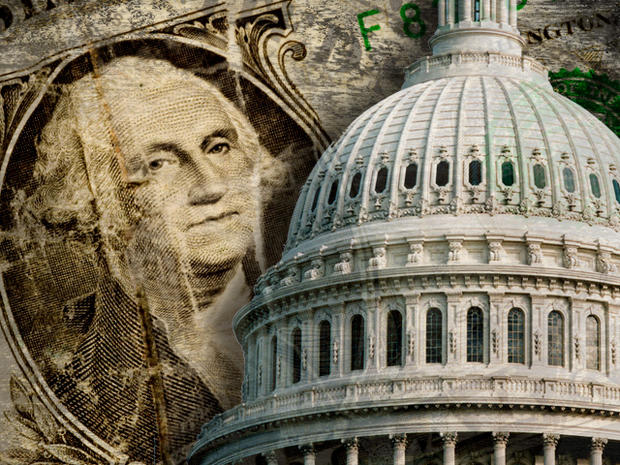Burger King eyes deal for Tim Hortons
MIAMI - Burger King is in talks to buy restaurant chain Tim Hortons in a move that would let the fast-food giant cut its tax bill by moving its headquarters to Canada.
With a new base in Canada, Burger King, now based in Miami, could avoid U.S. taxes. A growing number of American companies have used this procedure, known at an "inversion" in order to cut costs.
The majority owner of Burger King, investment firm 3G Capital, would own the majority of shares of the new company.
In an inversion, a U.S. company reorganizes in a country with a lower tax rate by acquiring or merging with a company there. Inversions allow companies to transfer money earned overseas to the parent company without paying additional U.S. taxes. That money can be used to reinvest in the business or to fund dividends and buybacks, among other things.
Burger King shares were up more than 16 percent, to $27.11, in pre-market trading.
Since 1983, 76 U.S. corporations have moved their tax domiciles out of the country, with the pace picking up in recent years, the Congressional Research Service said this month.
Companies like AbbVie, a pharmaceutical with its headquarters just outside Chicago, have tied up with companies overseas to achieve that type of tax cut.
But inversions have drawn fire from the Obama Administration, with U.S. Treasury Secretary Jacob Lew recently suggesting that the tax move is unpatriotic.
More recently, Walgreen, the huge retail chain, backed away from such a plan under intense pressure in what is becoming an increasingly hot political issue.
3G Capital took Burger King public again in 2012. The investment firm teamed with Berkshire Hathaway Inc. last year to take H.J. Heinz Co. private in a $23 billion deal. 3G Capital is known for aggressive cost-cutting at the companies it acquires.
Tim Hortons, known for its doughnuts and coffee, was purchased by Wendy's International Inc. in 1995. In 2006 it completed an initial public offering and was spun off as a separate company.
The deal would also allow Tim Hortons to accelerate its growth in international markets. The company had 4,546 restaurants as of June 29, with 3,630 in Canada, 866 in the U.S. and 50 in the Persian Gulf area.
The companies say Burger King Worldwide Inc. and Tim Hortons Inc., based in Ontario, would continue to operate as separate brands but would share corporate services.
The Wall Street Journal first reported the talks and that the companies say there's no assurance a deal will happen.
The new company would have 18,000 restaurants in 100 countries with about $22 billion in sales. The companies say that would make it the world's third-largest fast-food restaurant company.
Like other fast-food companies, Burger King faces mounting competition from so-called "fast-casual" restaurant chains such as Chipotle and Panera.
One way Burger King is looking to drive growth is rolling out a new digital platform to enable mobile sales and payments.
"We believe the adoption of mobile/digital technology will foster a stronger relationship with Millennial consumers for those companies that implement the strategy successfully," analysts with RBC Capital Markets said in a recent research note.
